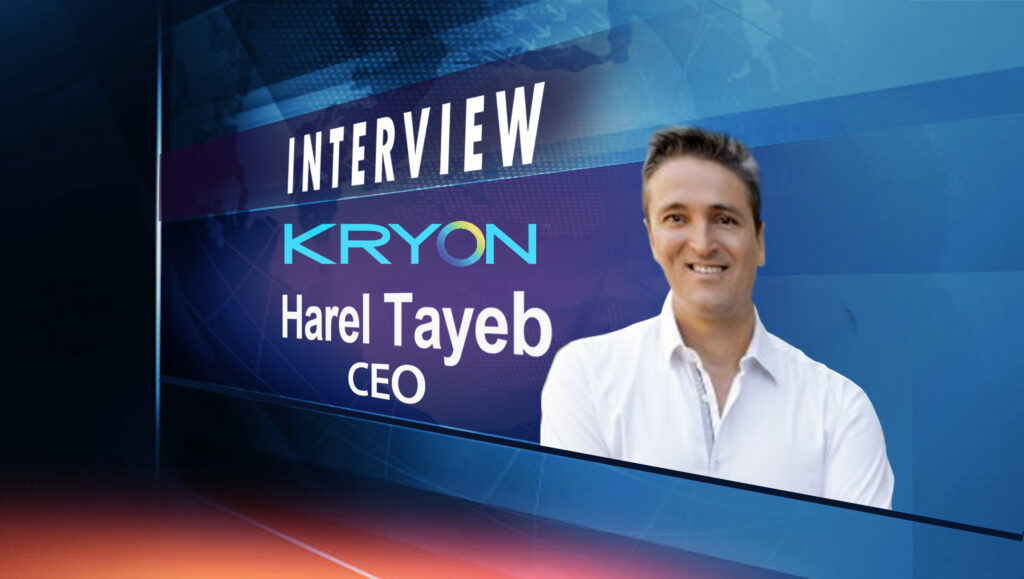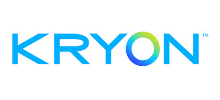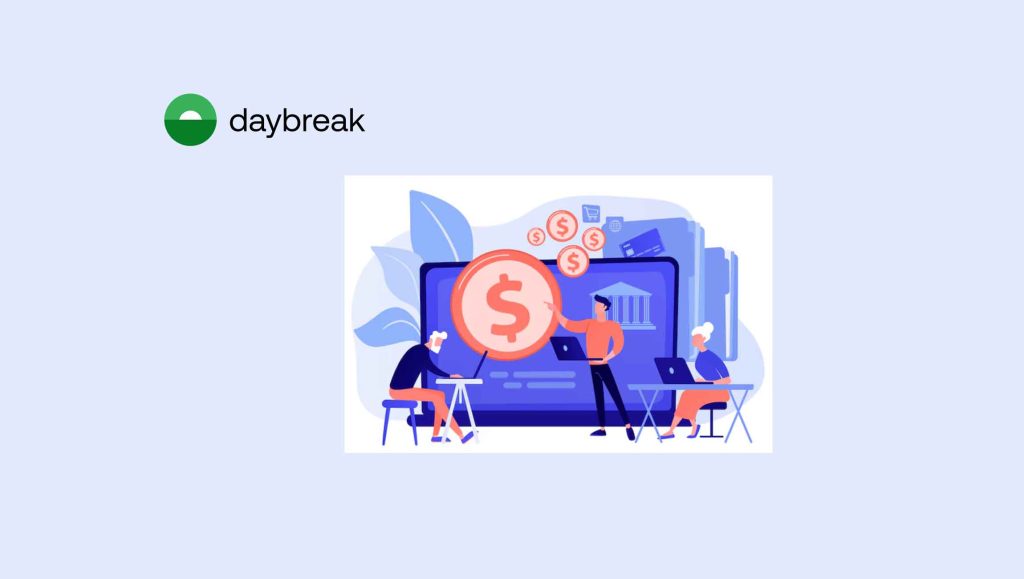There’s been a dramatic shift in the growth and innovation of robotic process automation (RPA) capabilities through the years, Harel Tayeb, CEO at Kryon Systems dives deeper into this trend in our chat: _______ I joined Kryon as CEO around three and a half years ago bringing a background in enterprise leadership and VC (venture capital). Kryon was always an innovator with a strong product, patents and excellent technology, but when I joined the company, the go-to-market strategy wasn’t yet developed. Over the last four years Kryon grew from 18 employees to more than 150 employees with ten offices worldwide and enterprise customers from every vertical – BFSI, telcos, insurance, hospitality, etc. That speaks not only to the quality of the Kryon product, but to the people as well. What Kryon is doing now is the most important and exciting part – inventing and refining process discovery and unifying it into one solution with RPA, a full-cycle package to offer as much value to the customer as possible. Read More: SaleTechStar Interview with Maria Graham, Director of Sales, Nuspire Over the past five years there’s been a shift in thinking about RPA. Organizations are looking at automation as a business transformation rather than an IT transformation. With advances in technology and improved integration, a holistic approach to RPA across the enterprise is now possible. This is going to help companies realize the full benefits of intelligent automation. Regardless of the company, big or small, there are two main barriers to RPA completely changing the enterprise workspace environment to be as automated as possible. The first is TCO, the total cost of ownership. RPA process identification, development and deployment are expensive, time-consuming, and require a lot of training or expertise to implement. The second barrier is the ability to scale. Analysts in the RPA sector use the KPI of 50 robots to determine successful saleable deployment. I disagree. It should be 500 or 1000 bots deployed, a metric for any vendor. It’s 2021 and we’ve learned that a mere 13% of automation projects have more than 50 bots. To me, that means that RPA as a technology solution has not yet succeeded. Kryon addresses both problems with its Full-Cycle Automation solution. It no longer requires months of planning and consulting to roll out a project. We’ve been able to create and implement RPA solutions in a matter of days for enterprise customers. Clalit Health Services needed a way to expedite COVID-19 vaccination appointments for 4.5 million HMO members, and a few days later, they had 100 bots deployed that scheduled more than 100,000 vaccination appointments every day, and maybe even saved some lives. That doesn’t just reduce the TCO, it demonstrates scalability and has a real impact on the business and employees. That’s technology making a difference. If your RPA solution can’t handle a situation that dire, it’s time to look for one that can. My prediction is that only companies that can scale with their customers will survive the next two years and the best way to scale up is Process Discovery and Full-Cycle Automation. AI is a critical part of any modern technology. The traditional RPA vendors mimic human processes. AI and Computer Vision technology allows us to understand human activities with precision without relying on time-consuming and costly business analysis. With automated process discovery, machine learning algorithms observe the thousands of processes a human worker does during the day, analyzes them, and identifies which ones should be automated. More than simply suggesting a process for automation, AI can simplify them and find the optimal workflow. In a workforce of 100 human staff all performing the same task, 20%-50% will do it a different way. The ideal path is the most efficient execution of a process, optimizing it so it’s performed the best way every time. AI can learn from big data and provide high impact and value for the customer. This kind of change can completely transform a business; it’s much more strategic and not a short-term solution. Our future workplaces will be hybrid environments with a mix of human and virtual employees. Unattended robots working behind the scenes will take on complex, time-consuming tasks while virtual assistants are available to train, support, and assist human staff as needed. Ultimately, traditional RPA will be replaced with “deep tech” RPA. Many companies use the HyperAutomation terminology, but it will never survive without deep tech that can help our customers to scale up via a complete Full Cycle Automation solution from A to Z. From identification and mapping your organization, through the actual execution of these processes – this is new RPA. It is bigger and stronger than HyperAutomation, and it creates much more impact on the business with less investment. Kryon has patents on Computer Vision and AI. AI engines can predict the best workflow and understand what happens on a worker’s machine. We’ve embedded these technologies into Real-Time Process Discovery, which has the ability to work on big data in real time and offer scenarios and workflows for automation, then execute them behind the scenes. Enterprise organizations rely on RPA workflows, so it must work 99% of the time. When something in the organization changes, it must adapt as quickly as possible and the only way to do it automatically is via AI and machine learning technology. The COVID pandemic showcased the need for fast, flexible RPA solutions. I read a statistic that the past year pushed digital transformation ahead by seven years. That wasn’t because companies wanted to do it – it was about survival. No one was expecting an event that would cripple business worldwide across industries. The sudden transition to virtual workplaces, the need to protect workers, to handle massive increases in tasks; intelligent automation made it possible to correct course and get back up to speed quickly. Over the next year, RPA is going to become critical in the recovery from the pandemic and economic crash. Companies are going to invest in technologies to help them regain what was lost, and come back even stronger and leaner. Automated process discovery is critical for quickly understanding and optimizing all the tasks that can and should be automated across an organization. Kryon was also the first to market with Full-Cycle Automation as-a-Service (FCAaaS), giving us the ability to create and deploy large-scale virtual workforce support in hours; not weeks, not months. We’ve seen enterprise organizations recently leverage RPA to onboard new staff, increase employee efficiency, schedule mass vaccinations, collect and analyze critical health data, and protect patient privacy. One industry where we’ve seen the most interest is the banking and financial sector. Customers can’t or don’t want to go to a branch anymore to handle their banking. They want to do it all remotely. But, for every customer transaction done digitally, there is a back-end process that’s connected to it. That’s where RPA comes in, to handle the back-end processes so the human workers in a bank can focus on customer service. Read More: SalesTechStar Interview With Ran Goldi, CEO At First DAG Best practices for 2021 begin with starting your Center of Excellence/RPA journey with process discovery. If you see automation as a strategic move within your organization, you must have a clear view of all workflows in your organization regardless of whether virtual or human workers perform it. This should apply across vendors. You must be able to control, measure, and understand human/robot activities to precisely know your investment, reduce costs, and improve performance. Understanding that RPA is not just the actual execution, but also the ability to see the full picture of your organization and help you to measure and improve your company performance, that’s the best practice for 2021. The way to realize the potential and value of RPA starts with process discovery. Wyndham Hotels has an onboarding process whenever they acquire a new hotel chain that is very complex and critical. Process discovery replaced the need for business consultants and saved time by observing, analyzing and optimizing processes. This used to take weeks or months. Automate the discovery of use cases. One of the largest oil and gas companies uses Kryon’s Full-Cycle Automation solution to document employee workflows. This eliminates the need for business analysts and consultants, allowing them to take charge of their automation needs. In 2021 companies will understand that in order to produce more value from their RPA projects, they need to start with the question, what are you trying to achieve and why? If your answer is that you want to transform your organization to the new era of workspace environment with maximum automation and a hybrid environment of robot/human, then the inevitable step would be to treat RPA as a complete solution that should first map your organization and automate it as part of one unified platform. The main change in the RPA industry has been due to COVID. It’s accelerated the need for technology adoption. Suddenly, you have employees working from home that need training and support, supervision and monitoring. They need access to tools to be successful. Attended automation offers that support with on-demand training and self-service help options that reduce the reliance on managers and supervisors. A bot or virtual assistant can help with this. Part of process discovery is observing how employees perform tasks while streamlining and optimizing the tasks. Cloud services and the FCAaaS platform make it easier for smaller B2B organizations to take advantage of RPA. We’re going to see the whole market change. Companies expect solutions that are easy to deploy and will help their employees to improve. I also expect to see RPA take hold in the mid-sized enterprise market as the technology matures. But to do this successfully, RPA technology providers will need to make it more accessible to them. These organizations don’t have the resources to hire an RPA engineer to build out a Center of Excellence. Kryon saw this trend coming last year and we have already been at work on improving our no-code interface to better serve citizen developers and mid-sized companies, along with process discovery, which reduces the need for your citizen developer to start their automation journey from scratch and provides the baseline for automation. That’s a game changer for SME and other companies to initiate an automation strategy and implementation. The past year has taught me a great deal about the blend between home and work life. I used to be in our HQ in each region every quarter, New York, Frankfurt, Singapore and Tel Aviv. When I wasn’t there, I was traveling to visit customers and partners. Now, because of the pandemic and the changes it brought to how we work and live, I am available to my family in a way that I wasn’t before. It has forced me to think more critically about what we ask of our employees. There are things that are more important than work, and as a leader it’s my job to make sure that my employees have the time to spend on those things. The past year has proven that we can do things differently. We don’t have to go back to the way things were before—we can be better. We can still be busy, contribute and innovate, but we have to do it in a way that allows people to focus on their lives outside of work. And that’s why I’m more passionate about RPA now than ever. Read More: SalesTechStar Interview With Josh Wetzel, CRO At OneSignal Kryon ® is a leading innovator in enterprise automation, offering the only unified platform on the market which encompasses Process Discovery and Robotic Process Automation (RPA). Harel Tayeb is the CEO at Kryon Systems Hi Harel, welcome to SalesTechStar! We’d love to hear about Kryon Systems, its growth story through the years…
Can you share a few top-of-mind predictions and thoughts on the growing impact of RPA across industries today?
We’d also love to dive into the future impact of advanced technologies like AI on robotic process applications; how do you see this changing the game for the segment? We’d also love to know more about your proprietary AI technology, Kryon Process Discovery.
Can you talk about the biggest innovations in RPA today and how some of the world’s top brands are using these applications to improve processes?
A few best practices for teams still nurturing the idea or implementing new practices in RPA through 2021?
How according to you can businesses realize more potential and value from their RPA applications?
Can you talk about some of the most impactful ways in which you feel RPA will drive change in B2B going forward?
A parting thought on your most memorable moment in tech and the learning that came from it!
How do sales and marketing leaders combine different marketing technologies and sales methodologies to lead effectively through these trying times? Catch more from these latest podcasts!























